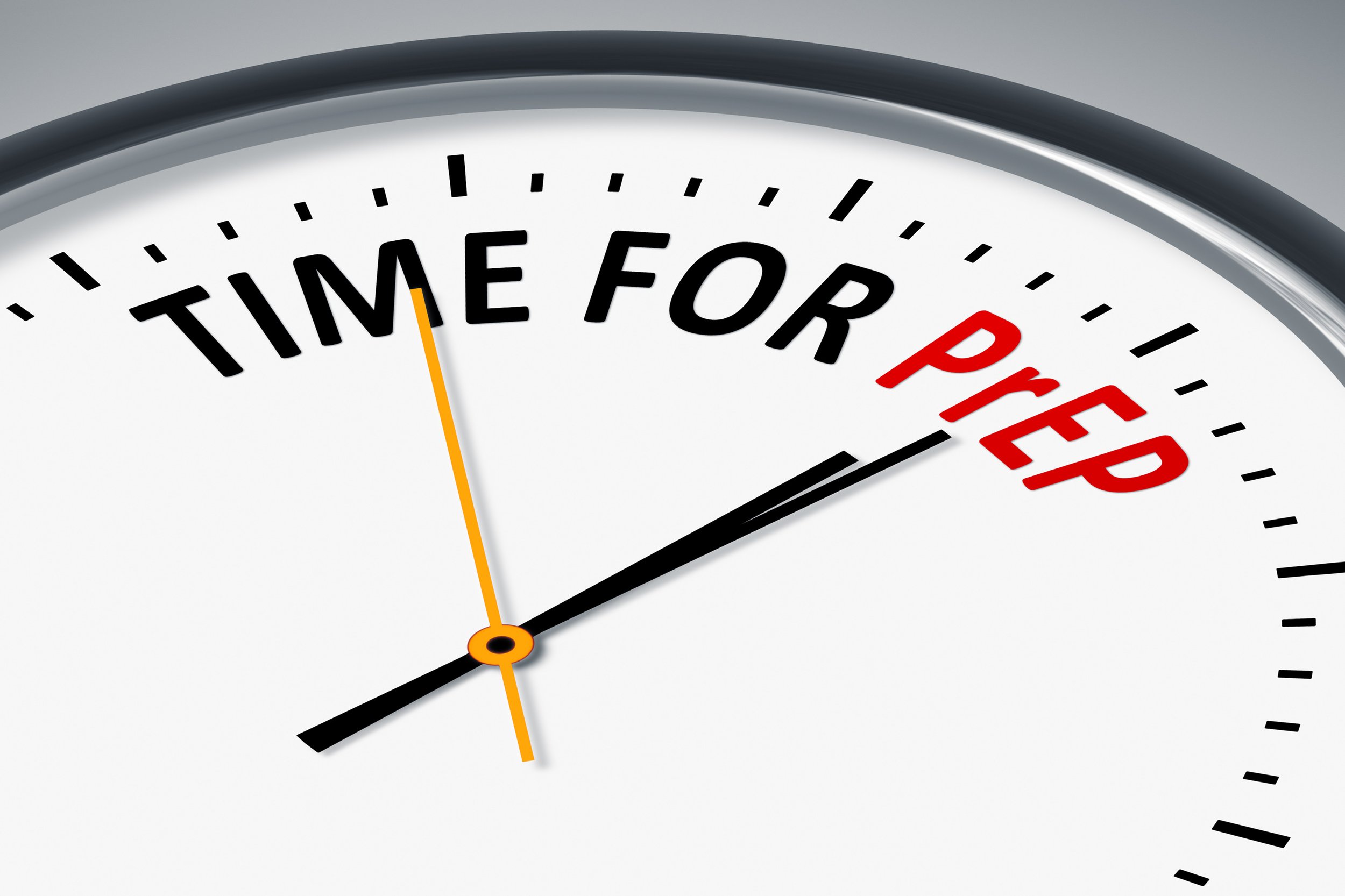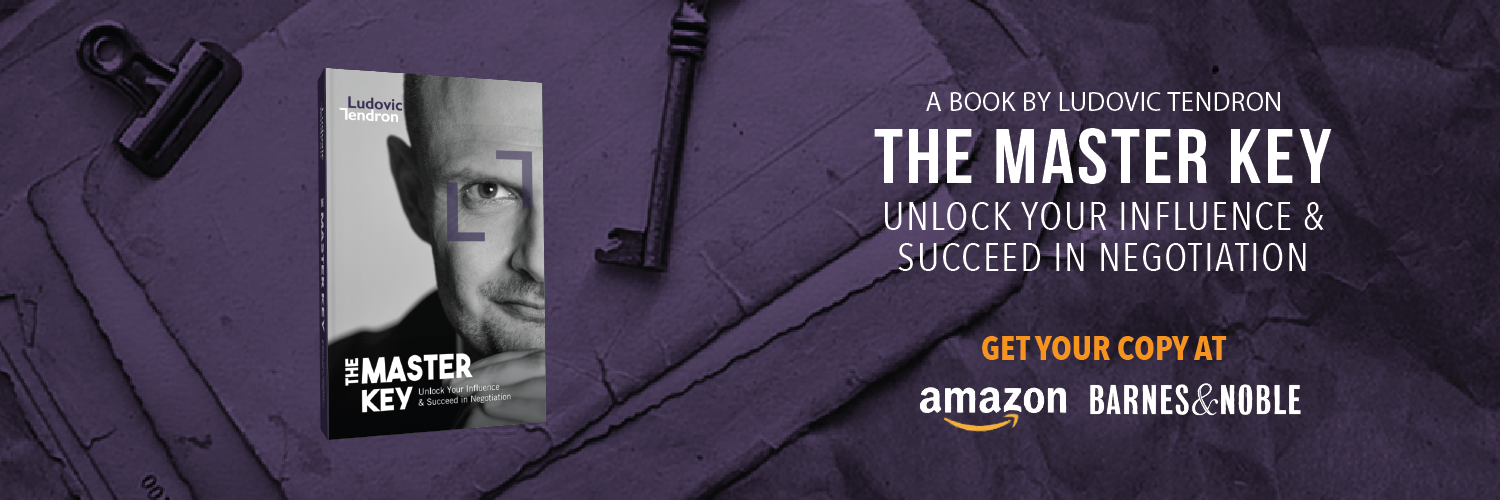Few people spend enough time preparing for negotiations. Most just fit this into their commute to the meeting point and rely on their expertise to compensate.
Humans over-estimate their capabilities (including performing at negotiation) and focus on short-term problems but not distant ones. Contrary to what we think, planning ahead is not necessarily encoded in our genes.
The consequence is that we end up reacting to events with insufficient information rather than anticipating them. We get caught off guard and appear unprepared or worse, we regretfully react emotionally to the unforeseen.
Preparation is the difference between success and failure in negotiation. Failure will result with a loss of opportunity, a deal or a relationship.
These are the things you should be doing in order to be more strategic about your negotiations:
Do things early to minimise chances of failure and test your luck. The Roman philosopher Seneca rightly said that luck is what happens when preparation meets opportunity. You can turn situations to your advantage if you prepare well.
Set yourself up for success.You have a better chance to influence people and gain trust if you have a positive impact on them. You have to infuse people with your positive energy and you have to make a first good impression. You have to fill yourself with confidence (but not over confidence) and be focused on what matters.
Develop self-awareness. If you can’t see or don’t know the chinks in your armour before you go to battle, they may cost you dearly. Reflect and know your strengths and weaknesses.
Convert data into power. People say information is knowledge, and knowledge is power. It is potentially true, as it depends on the quality of the information you get and what you do with it. If you want to optimize your negotiations, start by knowing your own business inside and out. It is your job to stay at the top of your game. You also determine what you do with what you know. The quality of the information you gather affects the clearness of your sight. Connect the dots to reveal patterns and trade-offs.
Adopt the right routines. 40% of all the things we do every day would be made of routines. If you get them wrong as a negotiator, you go off track.
Improve your negotiation skills with negotiation training courses and negotiation coaching sessions. Please check for online negotiation training and next negotiation training in Asia and Singapore here.




